nakamichi
CD4 player /
AD-1864N
March 29 2008
I remember my student's years, when compact cassette was the
media that ruled, and the absolute dream of us, young audiophiles used
to be
the ultimate of cassette players - the NAKAMICHI. The king of them all.
My God, they were so much better than the other players, that I can't
even describe it. All these three head, five motor mechanics, dolbyC,
oh Lord.
Anyway - NAKAMICHI is a bloody legend - period. (I
used to have the 480, and dreamed about THE DRAGON!)
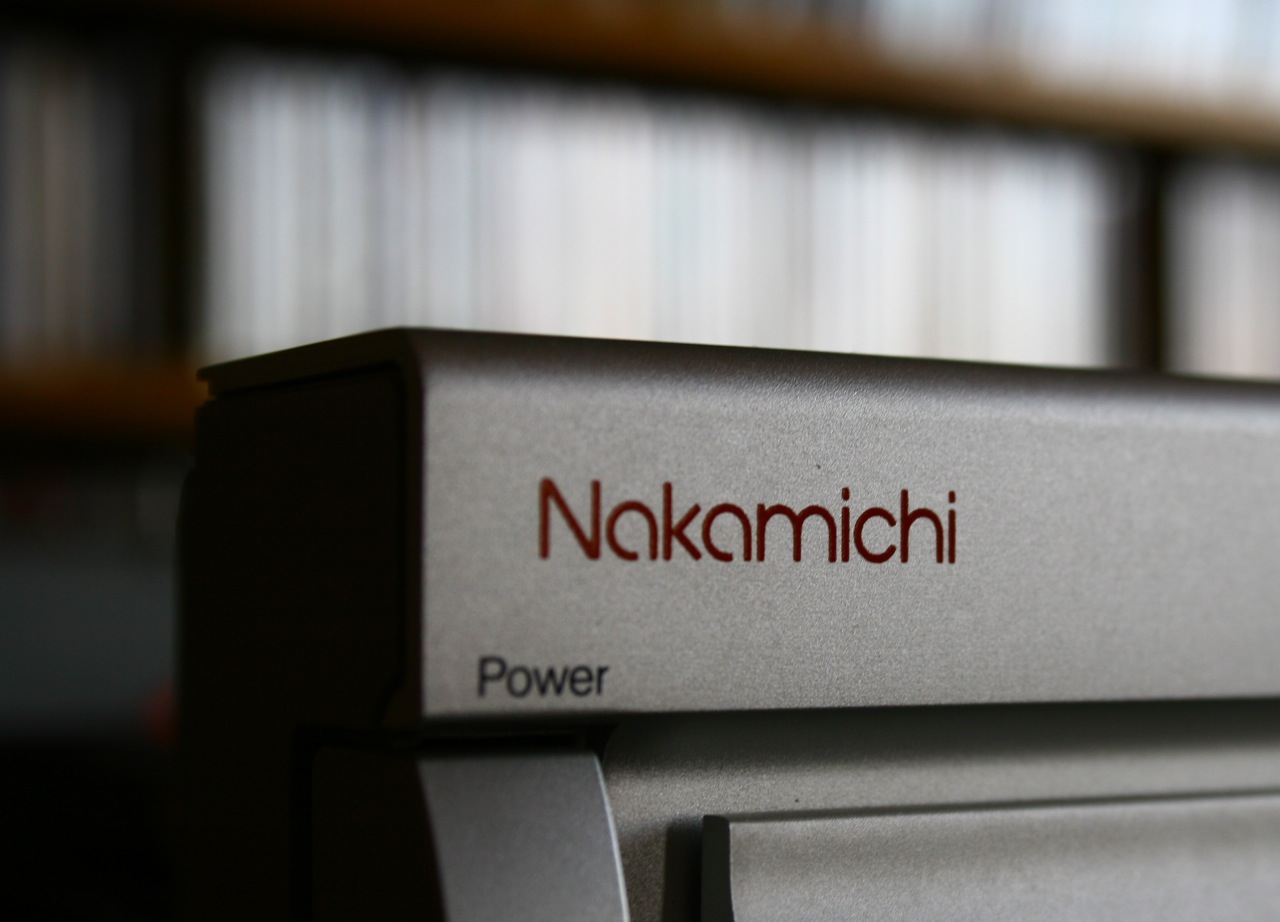
To my joy, I just found on the ebay a CD player with a minor fault, but
otherwise spotless as brand new.
I never tried the CD from the legend - so I bought it.
A smartie as I am, I repaired it in 5 minutes and voila - there it is -
the absolute stunning looking NAKAMICHI player - just screaming at me -
"take me I am yours, lampize me, lampize me hard !!!"
A
look inside the Nakamichi CD4 player
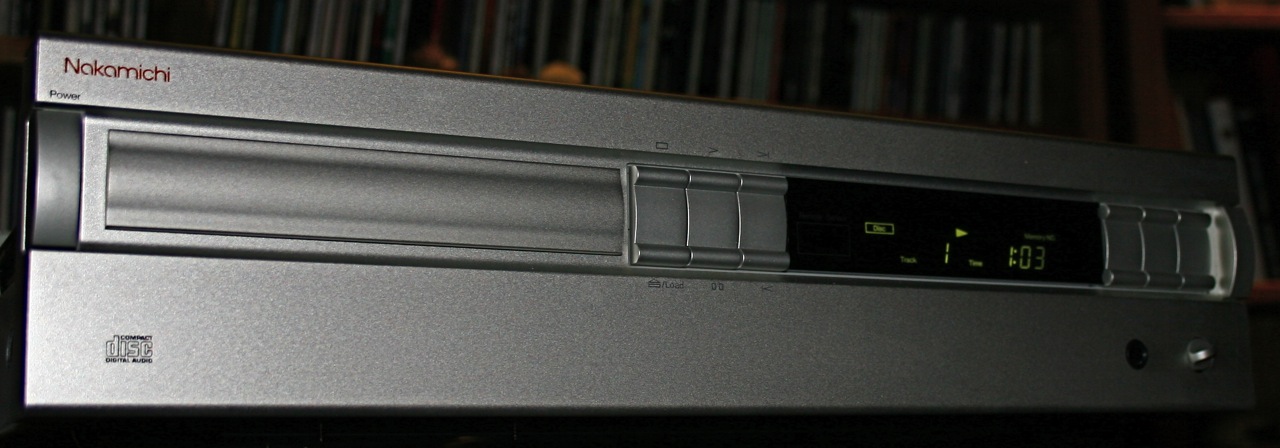
The face plate - believe it or not - is all metal, including the drawer
part.
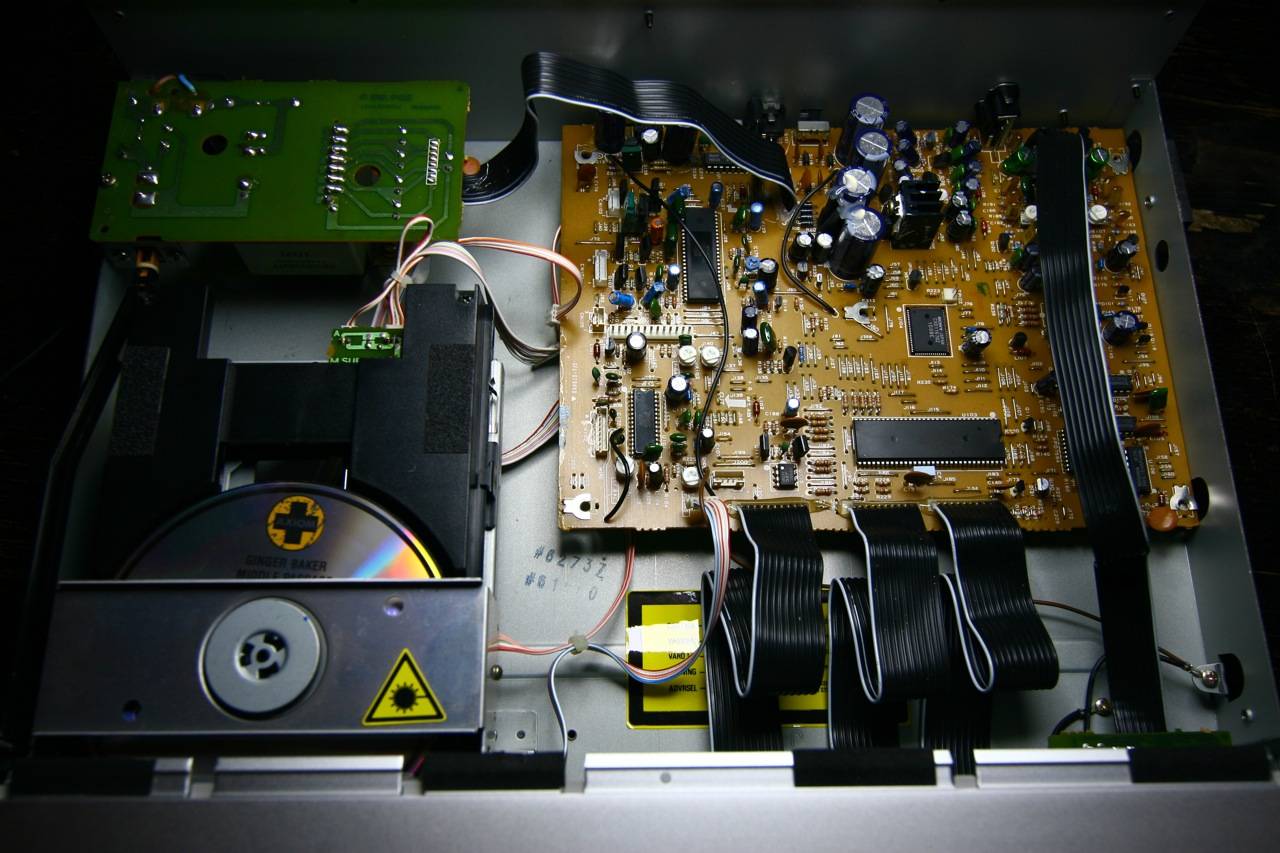
The general view under the hood - very typical 1990's look of Japanese
players - NOTHING is highendish about it, nothing legendary either -
just an OKAY player, like many sanyos, sonys, toshibas, jvc's, yamahas
and kenwoods. I did not notice any shiny contribution from nakamichi
R&D
department.
The transport is a middle range
sony KSS210A: with good laser but low
end mechanics.
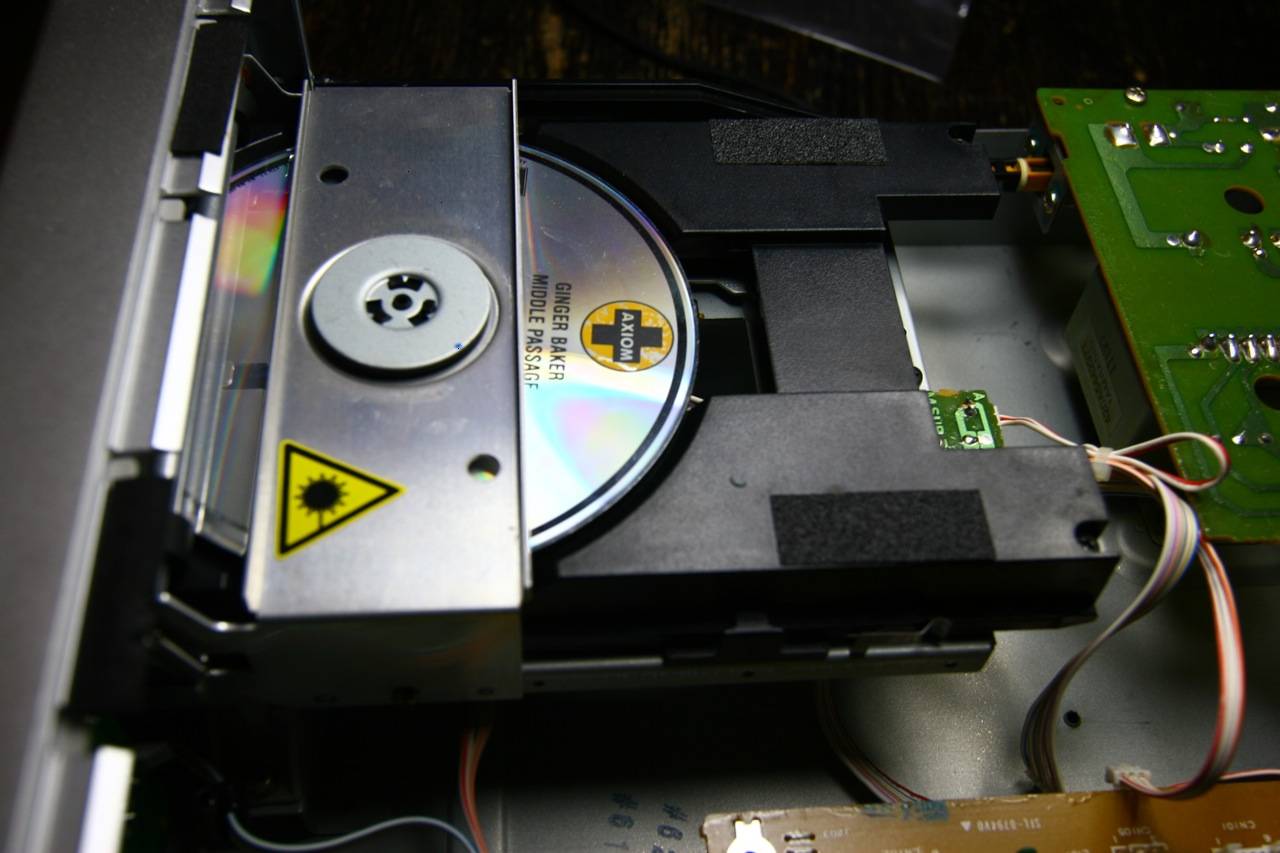

The power supply is based on one small transformer, and just ONE
voltage regulator. Compared to say SONY CDP227ESD this is just a
joke. Sony has a regulator per every individual chip.
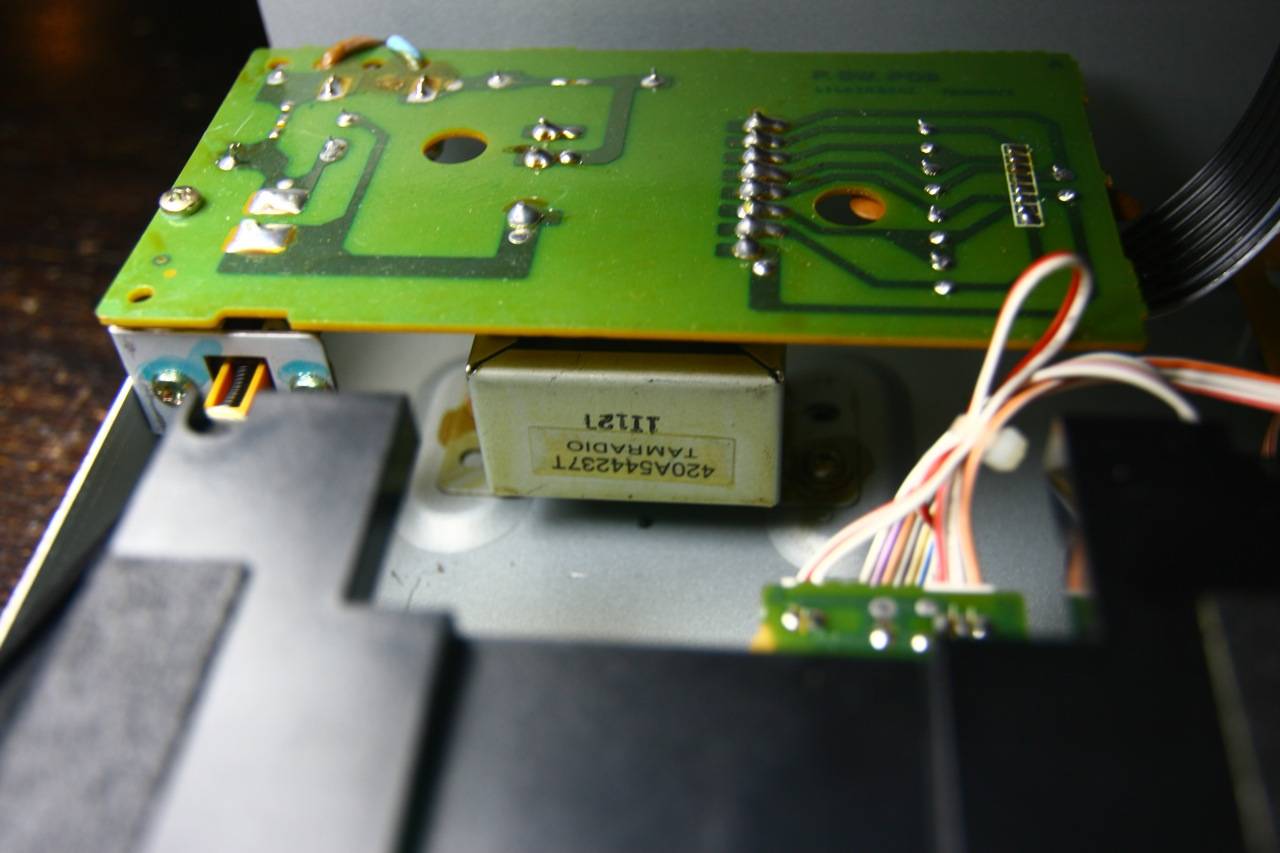
Small and cheap
transformer, they could have done better really.
Now the DAC part - I am excited because this is an unknown to me 18 bit
DAC from Analogue Devices - just one stereo chip AD-1864N.
Good sign - just one op-amp per channel! I like this minimalistic
output stage. And no ceramic caps for high frequency killing. Another
point for CD4.
I test the remote - despite the sony laser, and sony servo - the remote
from SONY does not work. It must be proprietary coded.
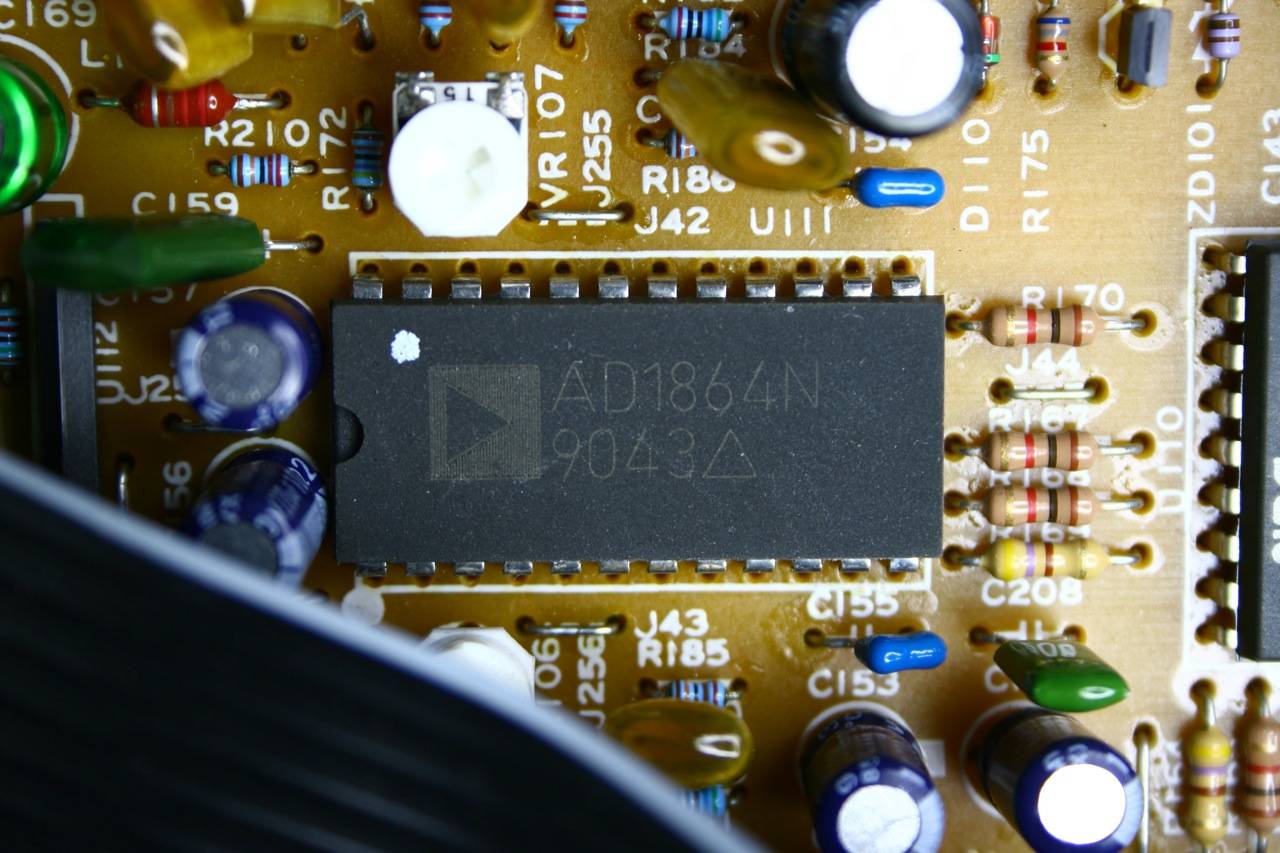
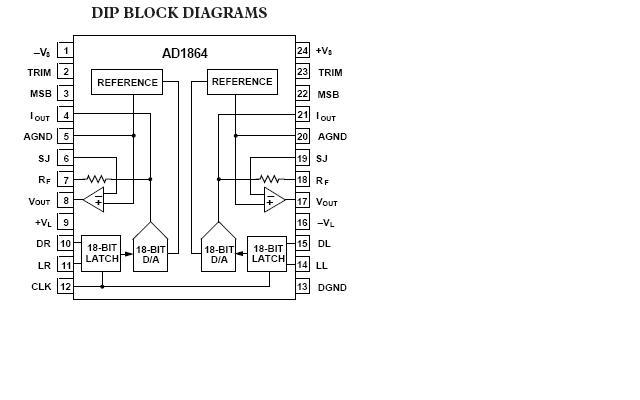
As we can see above, there are voltage outputs which are normally used
in the player, and the conversion is inside by op-amps. The signal
comes out of the op-amps on legs 8 and 17 respectively.
There is no possibility for balancing the signal. It is SE only.
The DATA SHEET is here: DATA
We will use the proper kosher I out - current outputs - by cutting away
all circuitry from legs 4 and 21. This signal will feed straight to the
lampizator input.
New electrolytic caps go between legs 9-13 and 16-13 observing proper
polarity. (I use os-cons)
LAMPIZATION
This is very easy job really. There is plenty of empty space for
transformer, power supplies, cables, tubes and everything else. Shall
one want to replace the clock - there is easy access to the standard
japanese quartz - the 16,9 Meg.
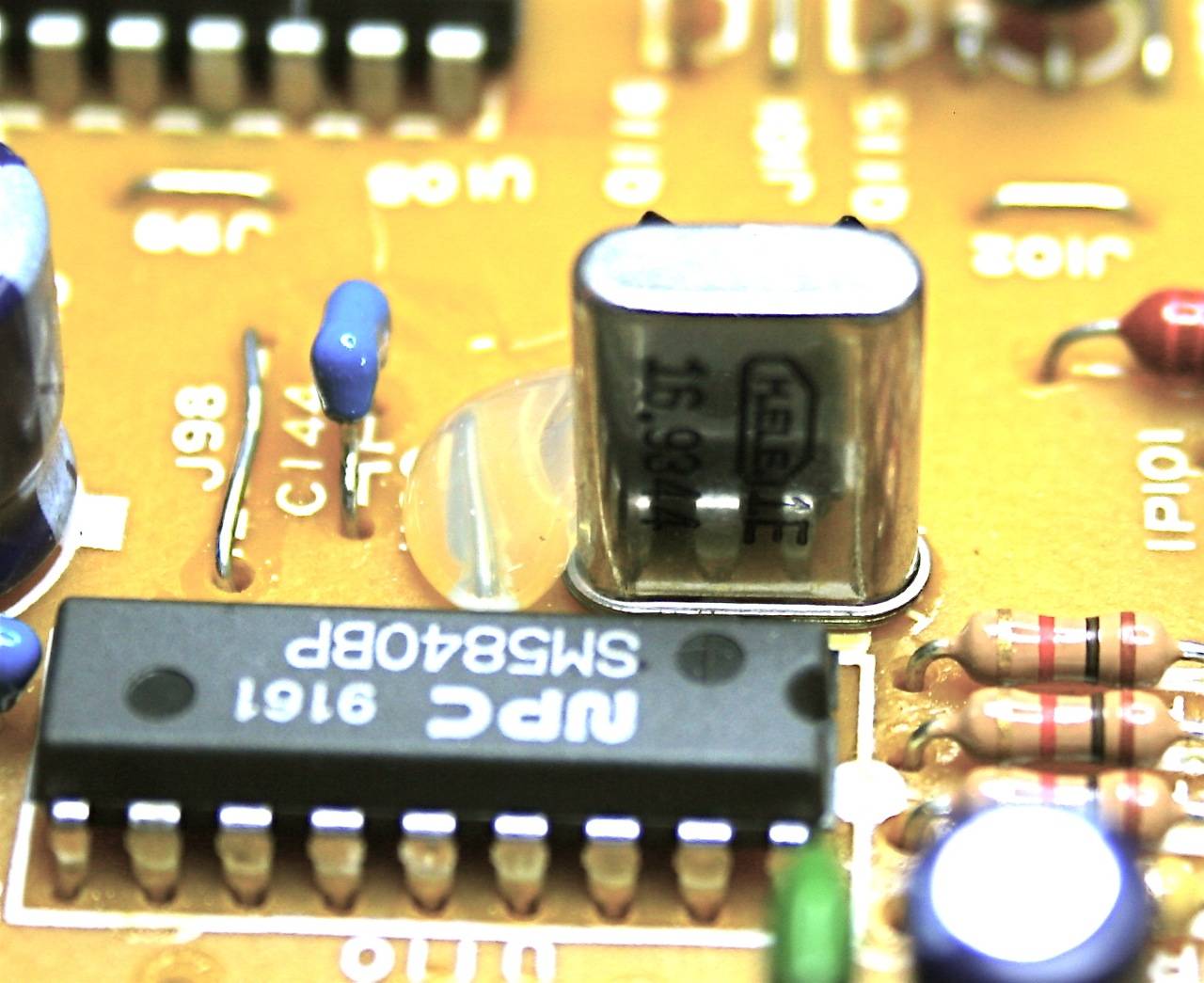
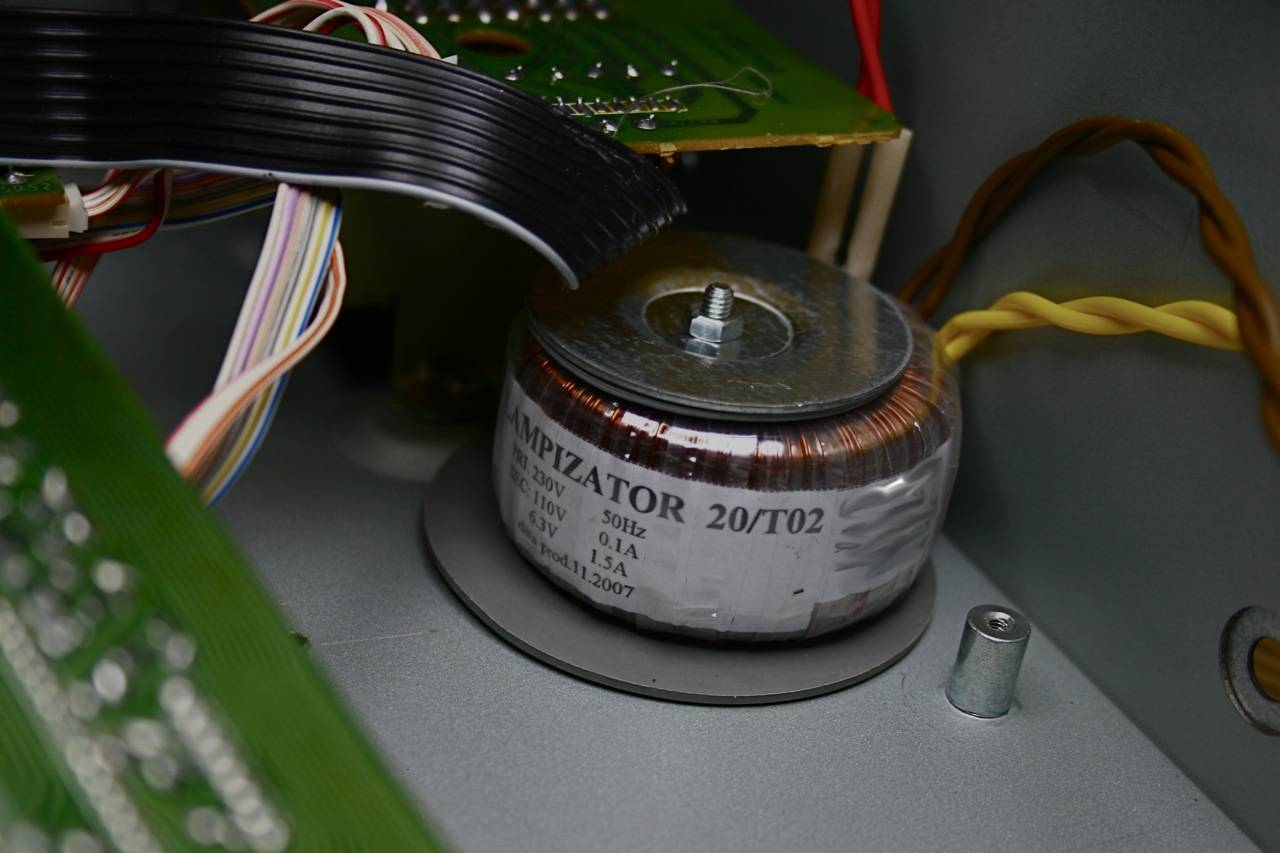
Lampizator Power transformer
happily sitting in it's new home
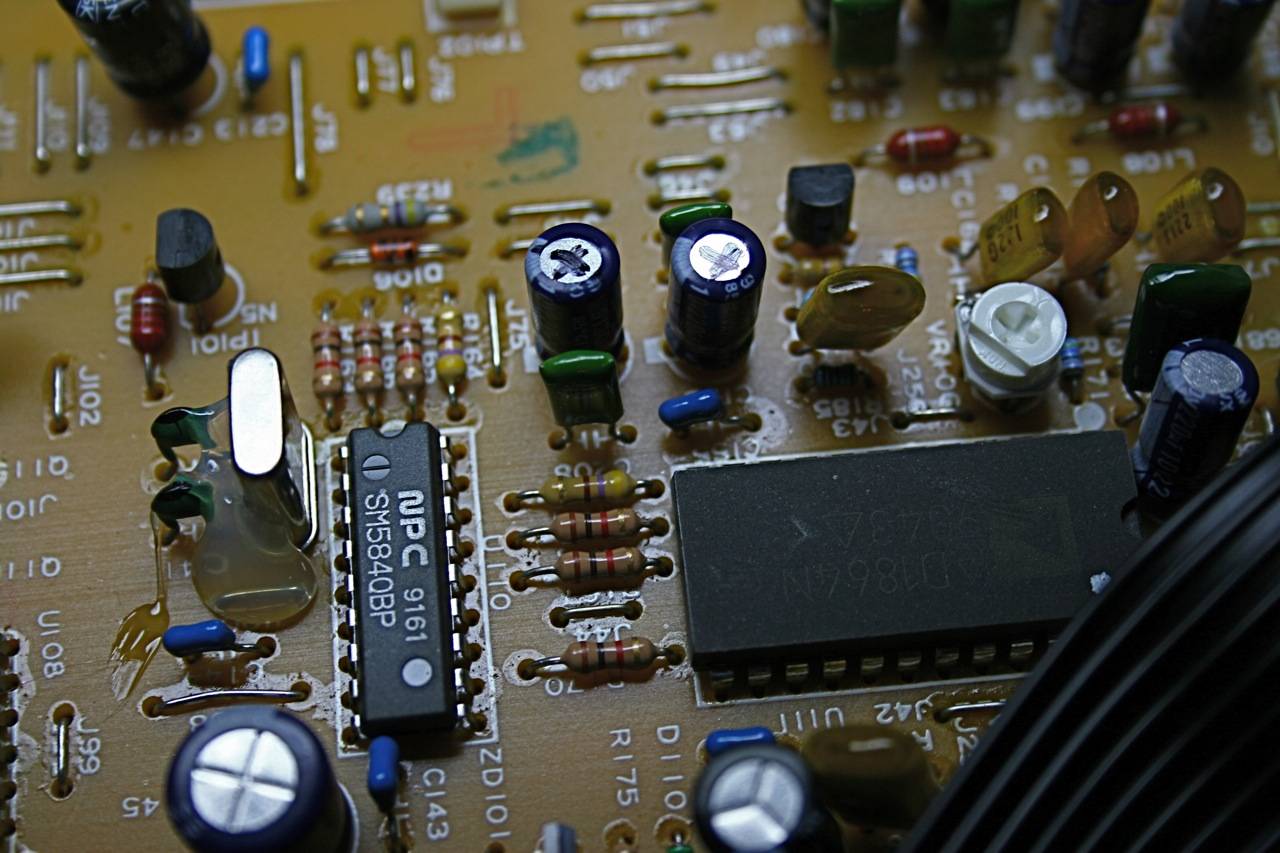
Two caps with an X on top are the digital section supply - these get
replaced for os-cons or black-gates or ultimately - a 10 uF MKP/MKS
caps.
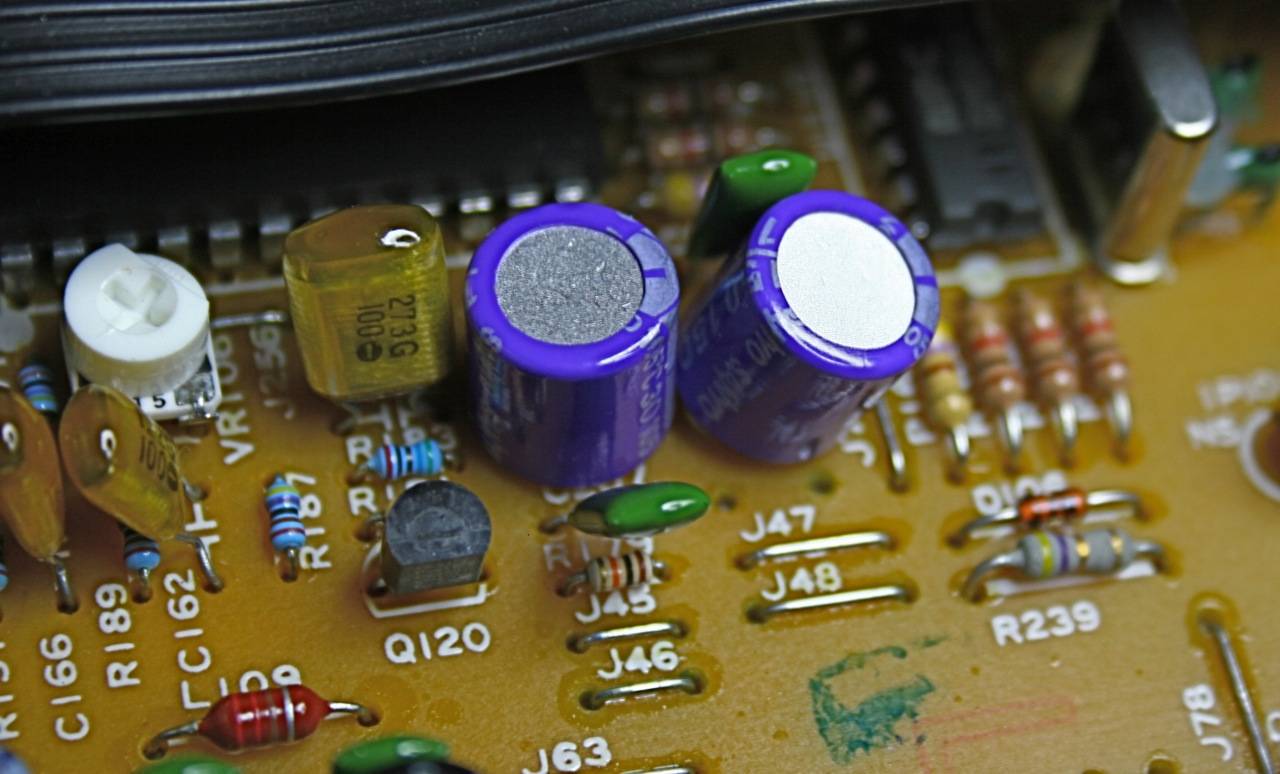
New os-cons in place.
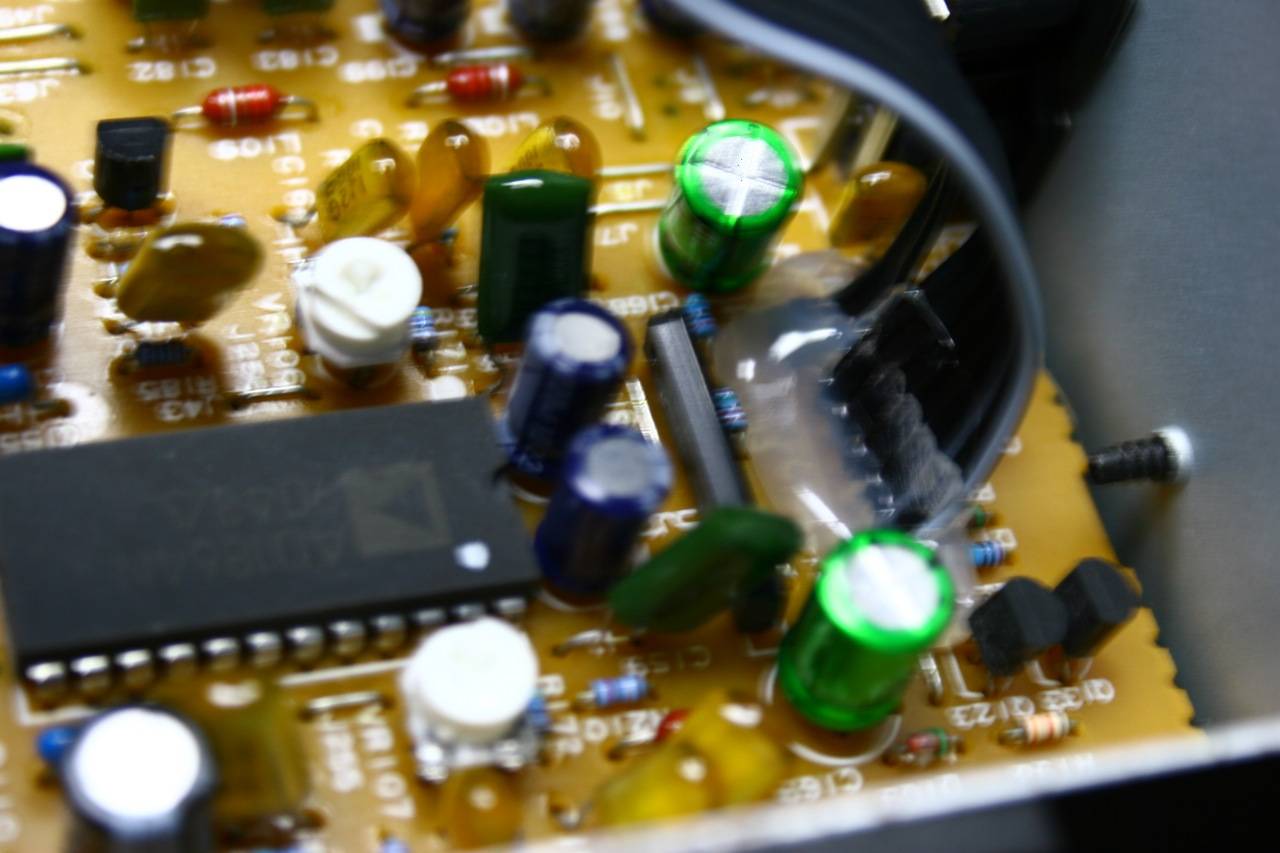
on this blurred image we can identify the two blue caps - these are for
analog part of the DAC (op-amps which we don't use at all). The green
ones are for the output stage opamps.
The long black thing between the green caps is the double op-amp.
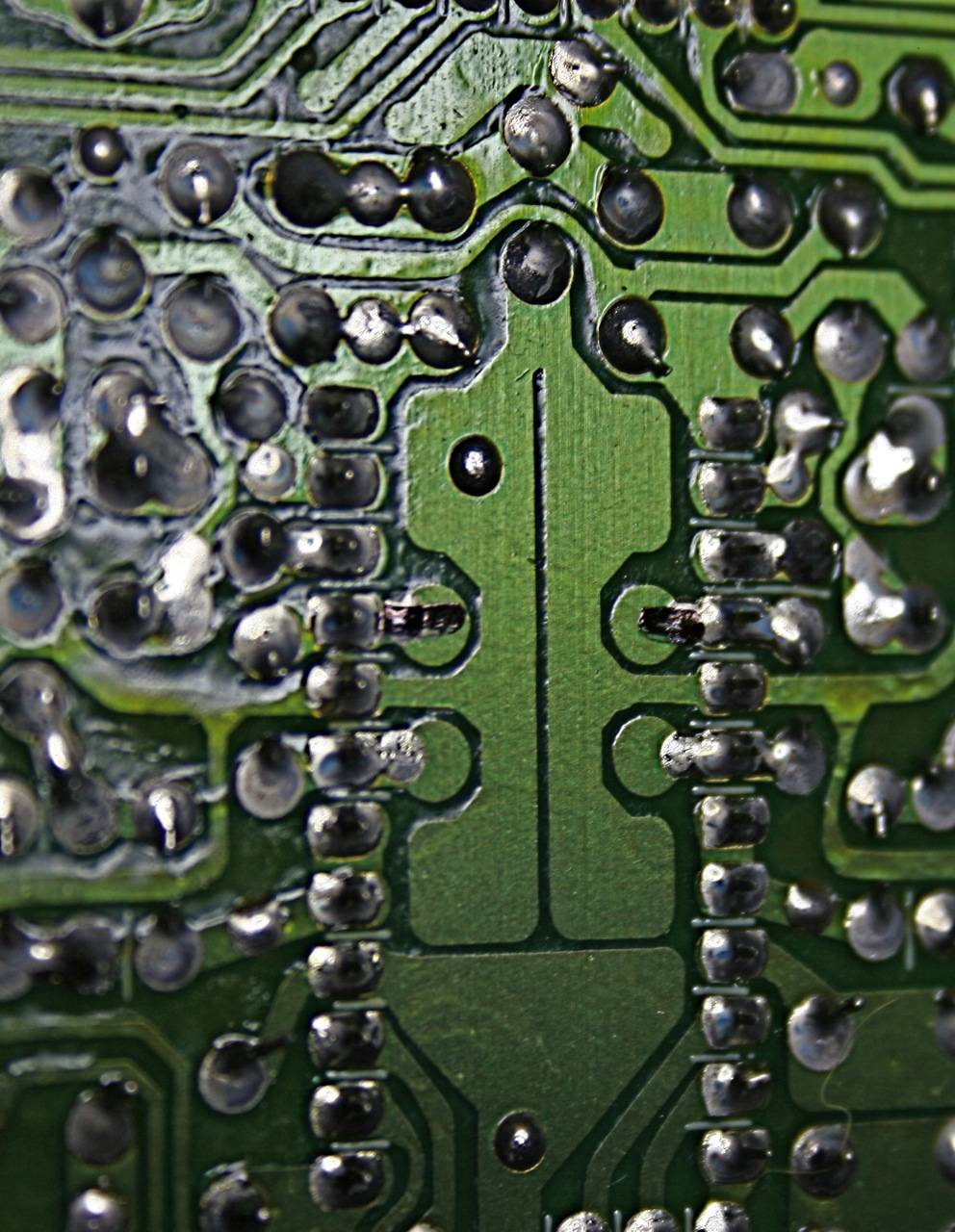
The bottom side of DAC chip - we can see legs 4 and 21 marked with
black marker lines.
These legs must be isolated(floated) from other circuitry.
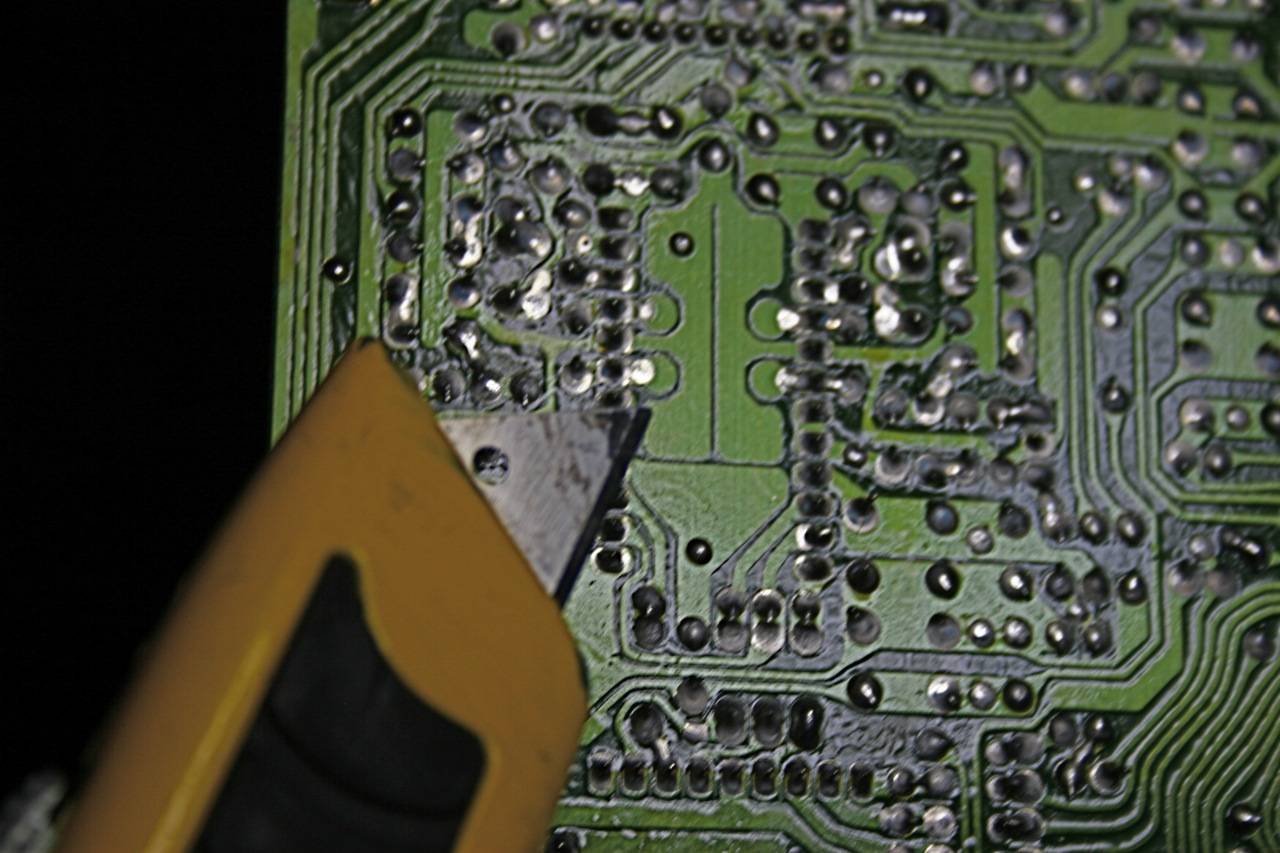
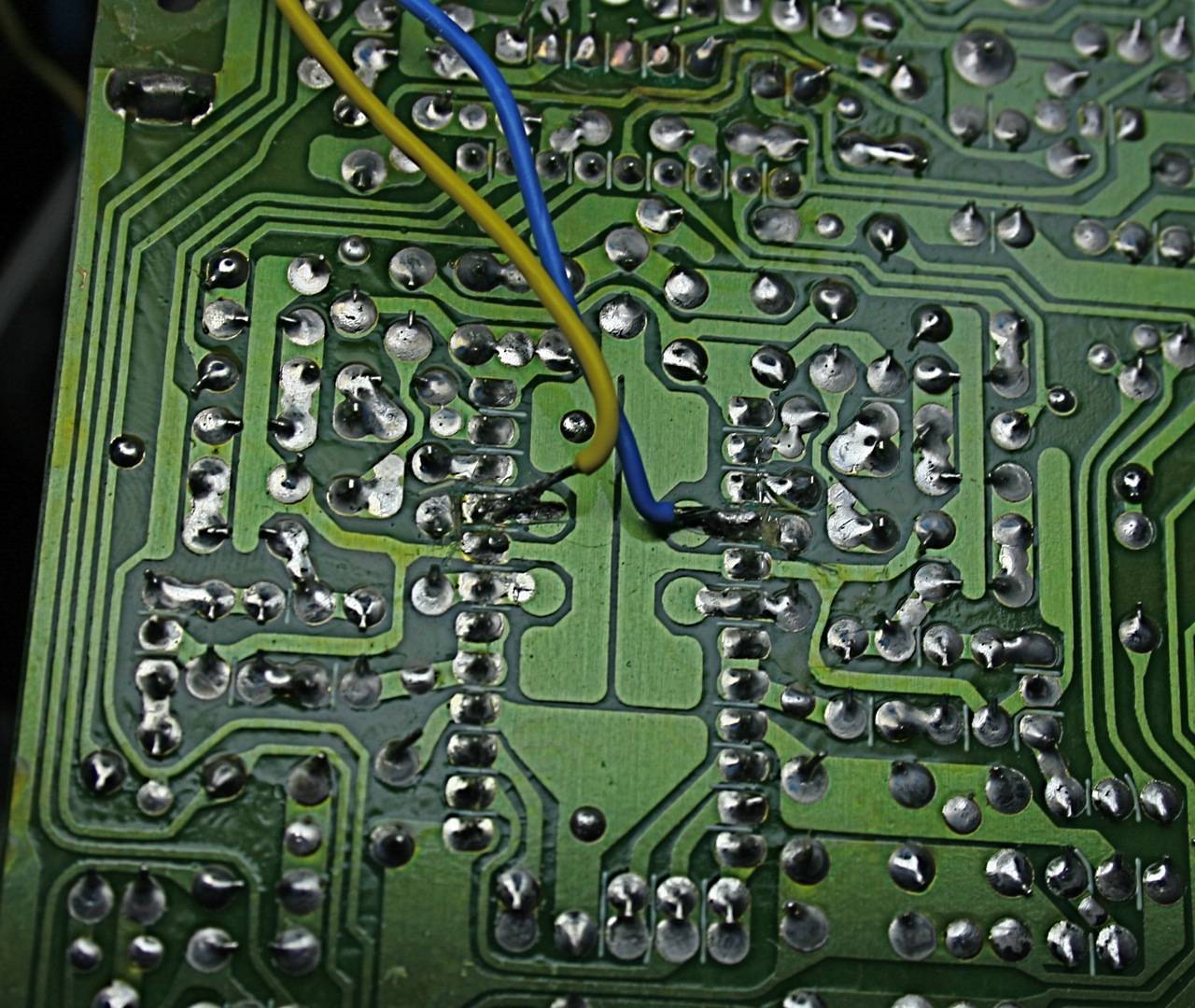
The cut traces were leading from the right leg to the right and from
the left to the left.
You can see the cuts near the tapping points.
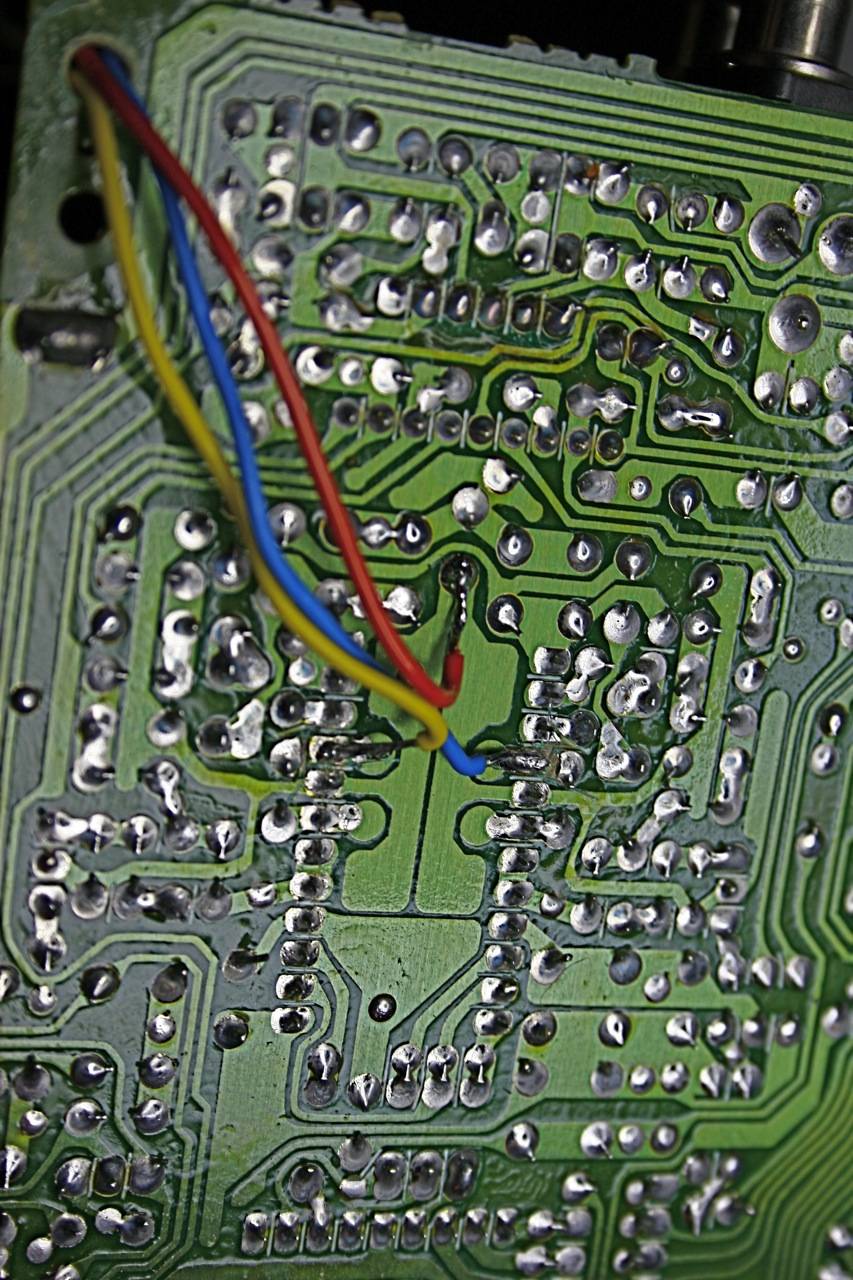
The red wire is obviously the ground. It is connected to tube ground
(leg 9)
The current of signal will flow like this: DAC leg - wire - tube leg 7
- resistor 300 Ohm, tube leg 9 -> DAC earth via red wire. The
voltage drop on resistor will control the tube grids and get amplified.
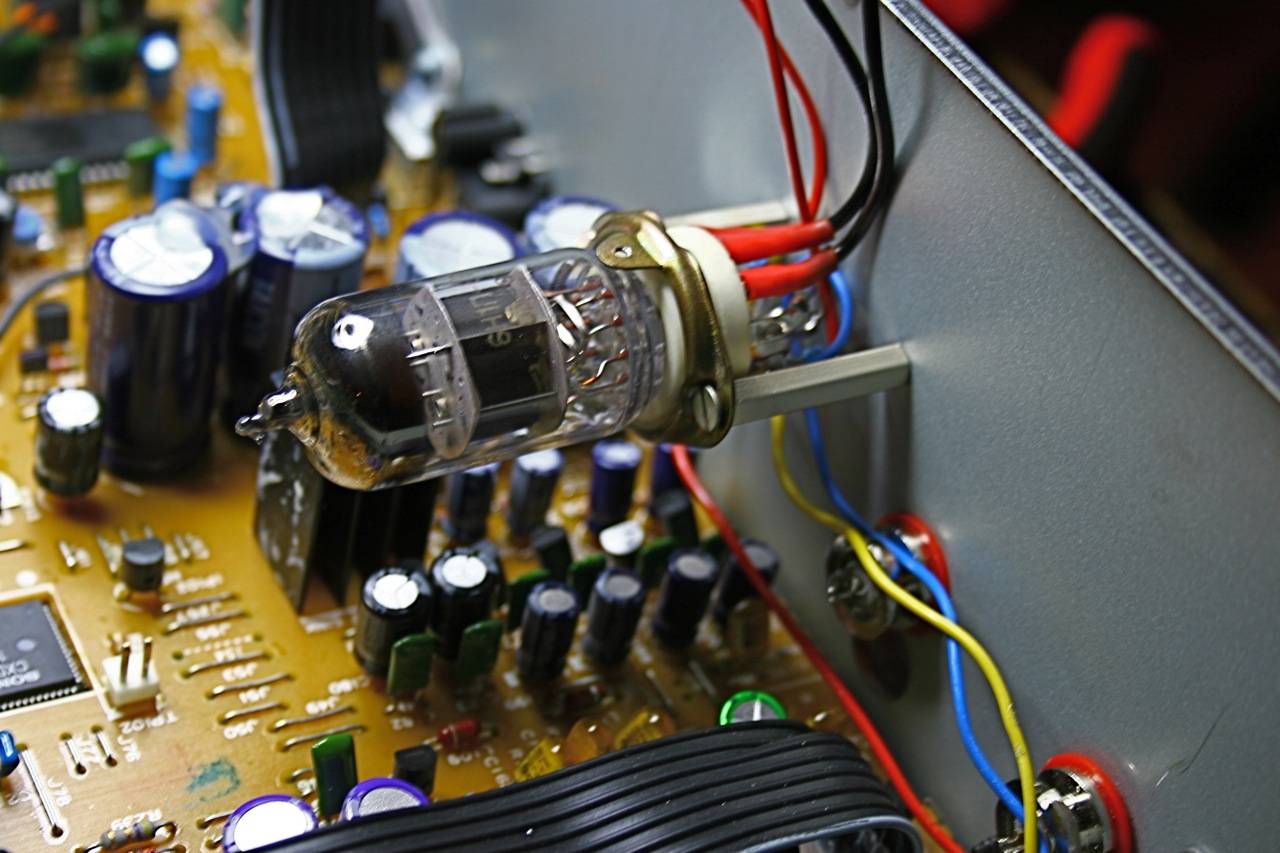
The tube (one) is installed inside, as well as new RCA on the back
plate.
THE TUBE SCHEMATICS: (I used 6DJ8 from Amperex (usa) which I found in
my drawer.
this is a double triode - with:
U power = 155V DC, R anode = 25K, U Anode = 60 V DC, I anode = 4 mA,
Rcathode = 500 Ohms, R grid = 270 Ohms, U grid = -1V, capacitor - from
anode to RCA - 2,7 uF/400V.
Heaters: DC - C1=10000 uF, R=1 Ohm, UAC=6,3V, UDC=6,3V, I=300mA, C2=10
000 uF.

Full installation of Lampizator
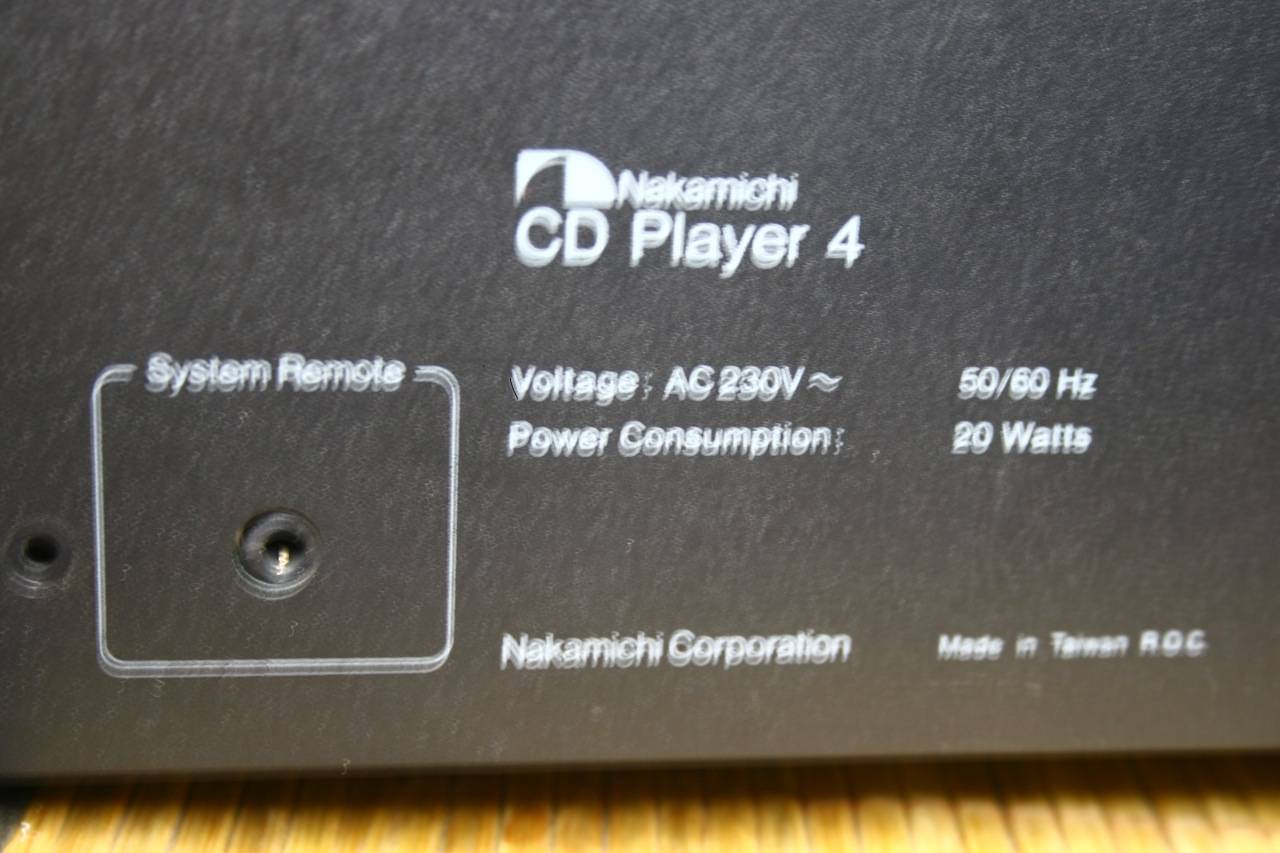
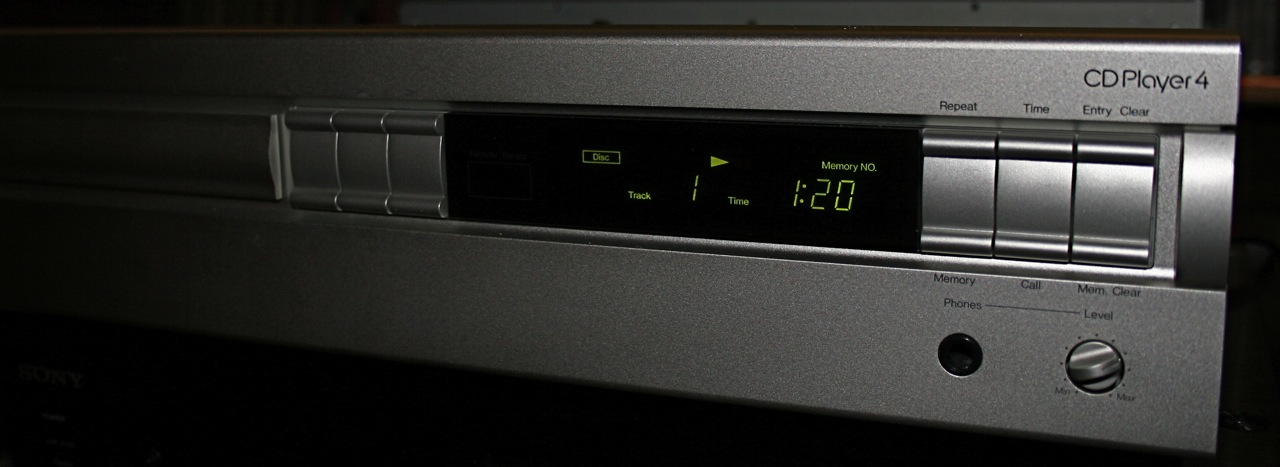
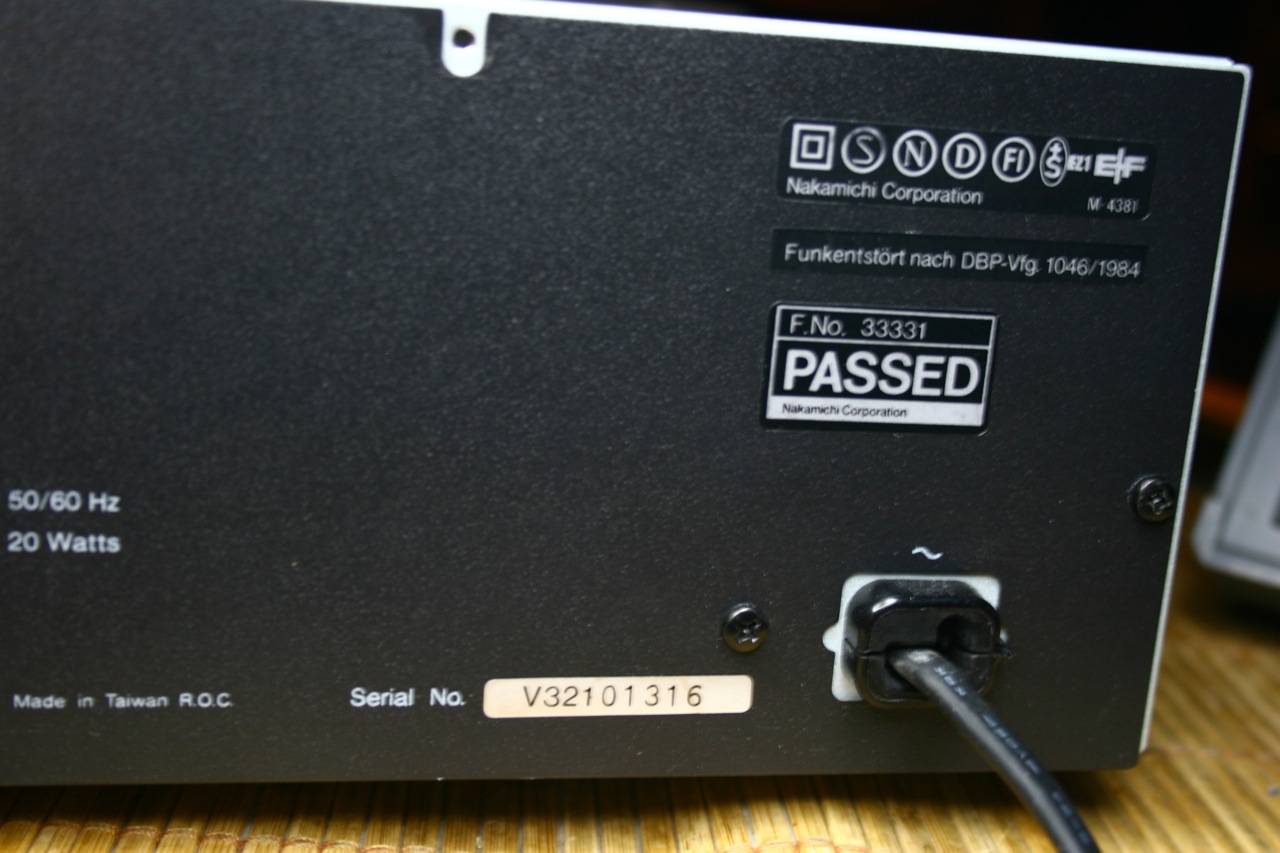
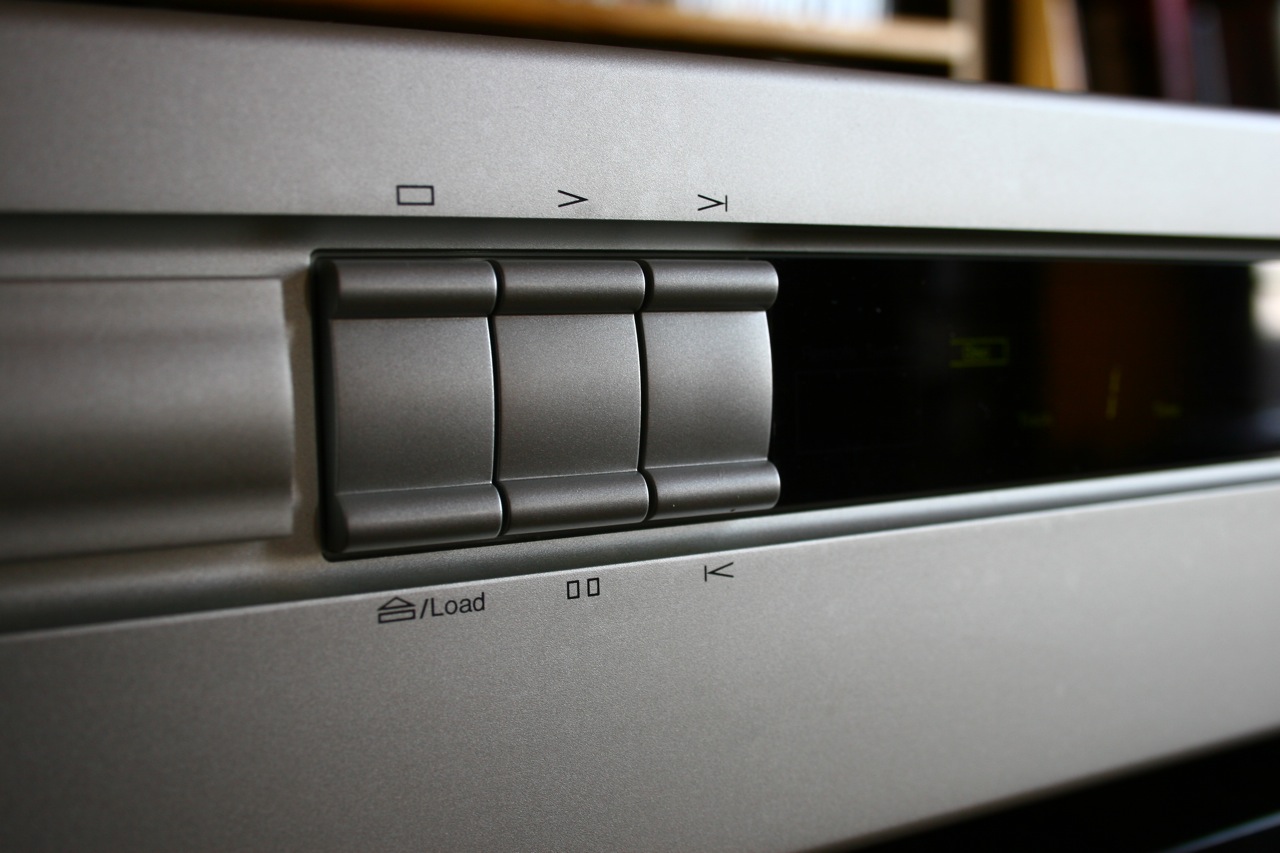
ZE SOUND
The sound of lampized
Nakamichi CD Player 4 is very very nice,
although it did not bring me on my knees. It was a safe all-round
sound,
very natural, un-fatiguing, liquid and un-digital. It was missing in
the detail and depth departments compared to the best players.
(A year later - I would have chosen a
more suitable tube - the 6N2P from Russia. )
I think that after some
longer time I liked it more and more for
complete lack of harshness and aggression.
Not that it was dull and boring - far from that - but this is the sound
you can have all day and never have enough. Classical music really
benefits from this character. All is in harmony and beautiful.
Considering very low price of this player, plenty of space, no noises,
no hiss, no pops, no nasty surprises, great looks, metal face, cult
status of the brand etc. - it is very recommended for amateur
lampization fans. It simply can't go wrong.
READ ABOUT THE OTHER NAKAMICHI CDP2-e with LAMPIZATOR (an even better
machine)
BACK





















